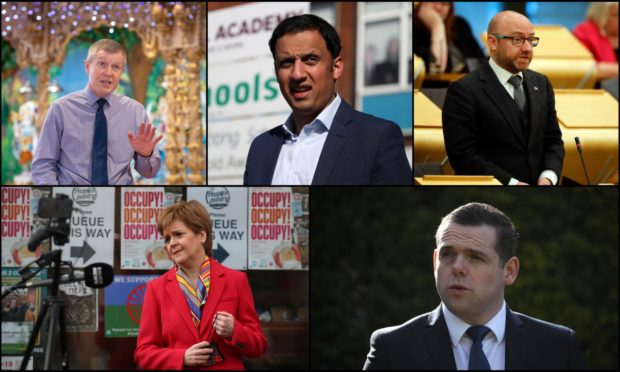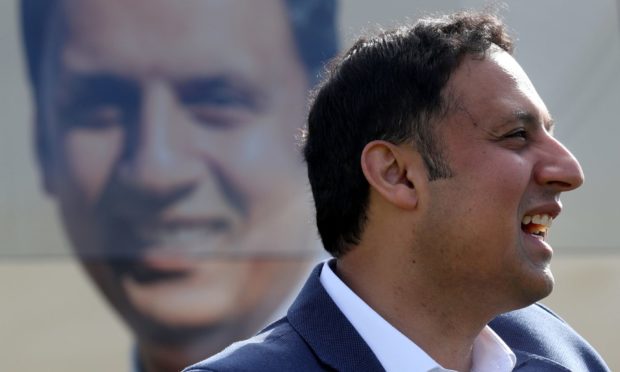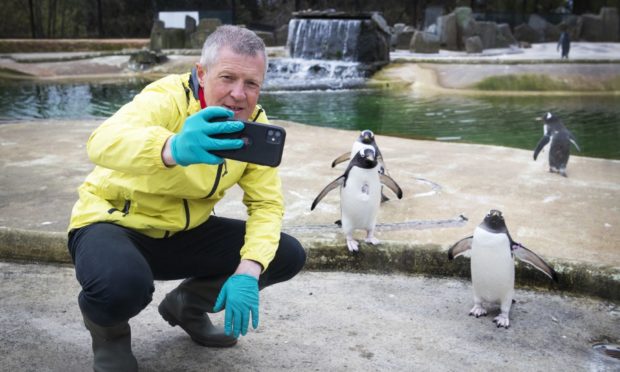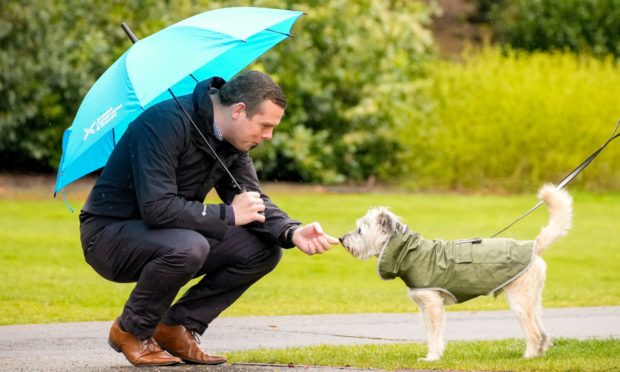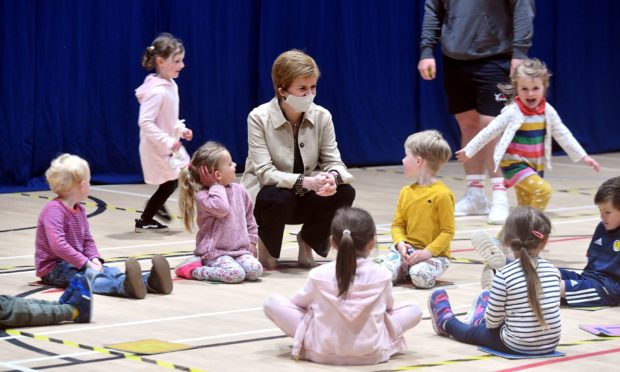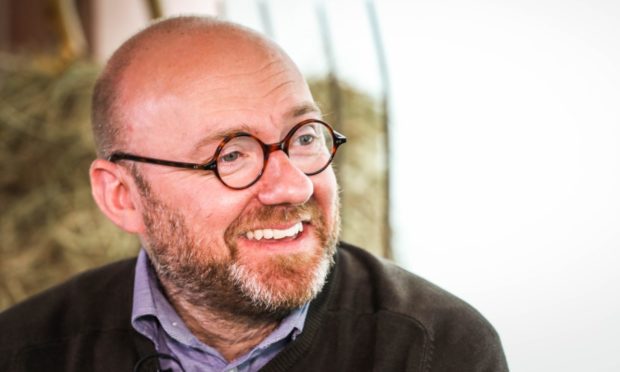Nicola Sturgeon’s party is still the most trusted to run key parts of everyday life despite being in power since 2007, according to an exclusive in-depth survey on the state of Scotland’s main political parties.
What does this say about the opposition? And how do Scots view the Holyrood leaders after weeks of campaigning for every vote?
If people voted according to the findings from our poll, conducted by Survation, the SNP would remain out in front but Labour would come second.
Conservatives would be beaten into last place, among the established political parties.
Labour winning trust but not votes
People increasingly trust Scottish Labour to run key areas of policy, from the economy to physical health.
On each issue, Anas Sarwar’s party come second behind the SNP.
But the constitution is again framing the election, elevating the Conservatives above Labour, whose leader has tried to back away from being drawn into a binary scrap between independence and the union.
On physical health, the SNP were trusted by 52% of respondents, followed by Labour on 43%, Greens on 35%, Lib Dems on 31% and Tories on 26% – a measure which had dropped two points since the last survey, in March.
Mental health has been a big issue for the Lib Dems, led by Willie Rennie, particularly through the pandemic and into the election.
But the SNP are still on top with Mr Rennie pushed into fourth place
On that measure, the SNP were trusted by 48%, followed by Labour on 44% – up seven points. The party was followed by Greens on 34%, Lib Dems on 33% and Tories down a point on 25%.
Jobs
The economy was pushed into crisis through the coronavirus pandemic, and it’s been up to the Conservatives at Westminster to oversee unprecedented wage support schemes and take major decisions at the Treasury.
Still the Tories struggle to win trust compared to the SNP, with Labour only a little behind in second place.
The SNP appears to be trusted by 51% of Scots on issues related to jobs. Labour were up four points to 46%, followed by Greens on 30% then Tories and Lib Dems on 28%, each in last place.
Education
One of the loudest refrains of the last parliament was Nicola Sturgeon’s invitation for voters to judge her on her record in education.
Schools were shut in the pandemic, the lack of computers became a serious problem for disadvantaged children, exams fell into chaos and the education secretary was forced to apologise.
According to our poll on education, the SNP enjoy the trust of 48% – down three points but still the highest despite major problems in recent years.
Labour follow on 43%, Lib Dems and Greens are on 31% and Tories down two points to 28%.
Conservatives did much of the running in trying to topple the SNP’s schools chief for his part in the Scottish Qualification Authority shambles, backed by Labour and Lib Dems. Only the Greens sided with the SNP to save John Swinney’s position.
Economy
For a party with jobs and the economy as a driving force, the Conservatives do not appear to have won over the trust of the public.
On issues relating to the “local economy”, the SNP are trusted by 50%, followed by Labour up three to 40%, Greens on 30%, and the Lib Dems on 29%, in joint last with the Tories.
The personality contest also puts Ms Sturgeon in front, followed by Mr Sarwar. Former Tory leader Ruth Davidson is in third place – and she isn’t even standing in the election. New leader Douglas Ross finished eight out of nine, ahead of Alex Salmond.
The themes do not tally with support for the parties when it comes to overall results of Scottish voting intentions.
As our polling shows, the SNP could still win a majority, followed by the Tories, Labour, Greens then Lib Dems.
